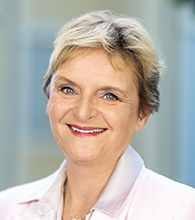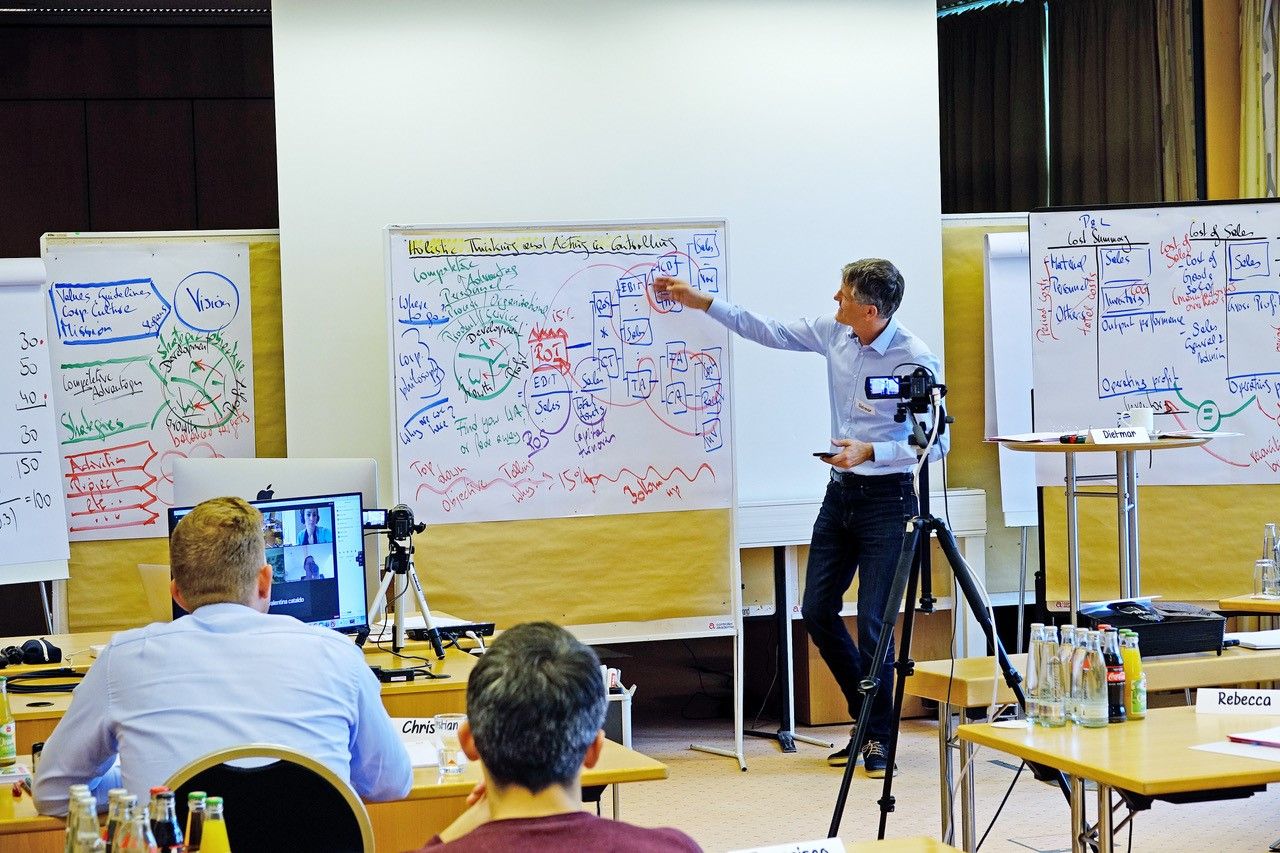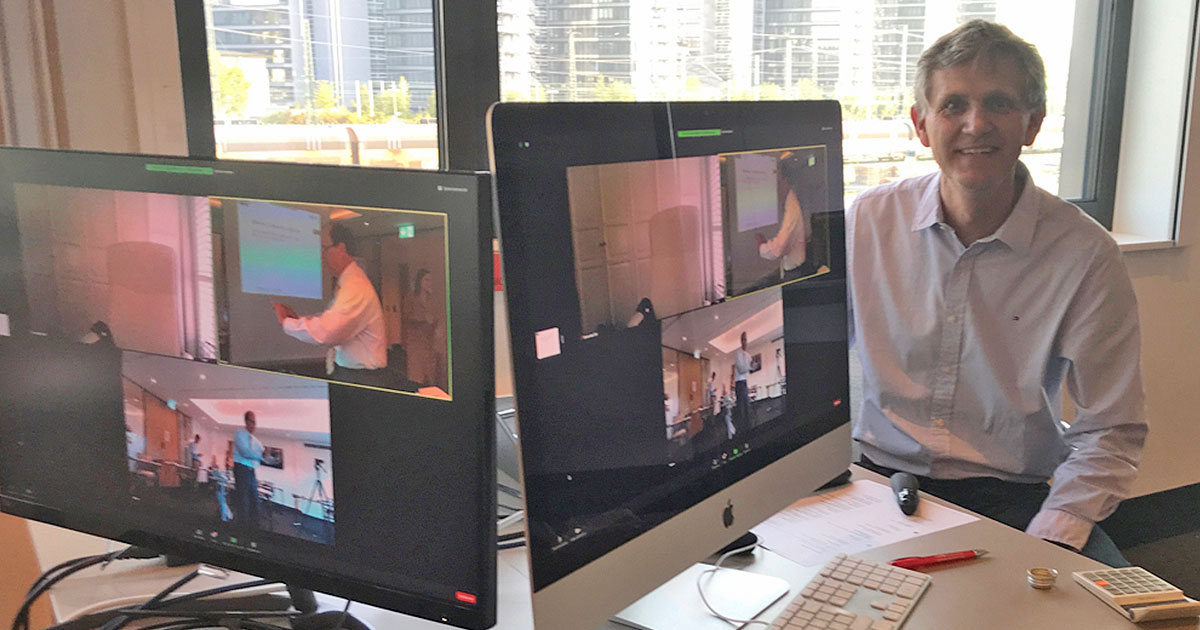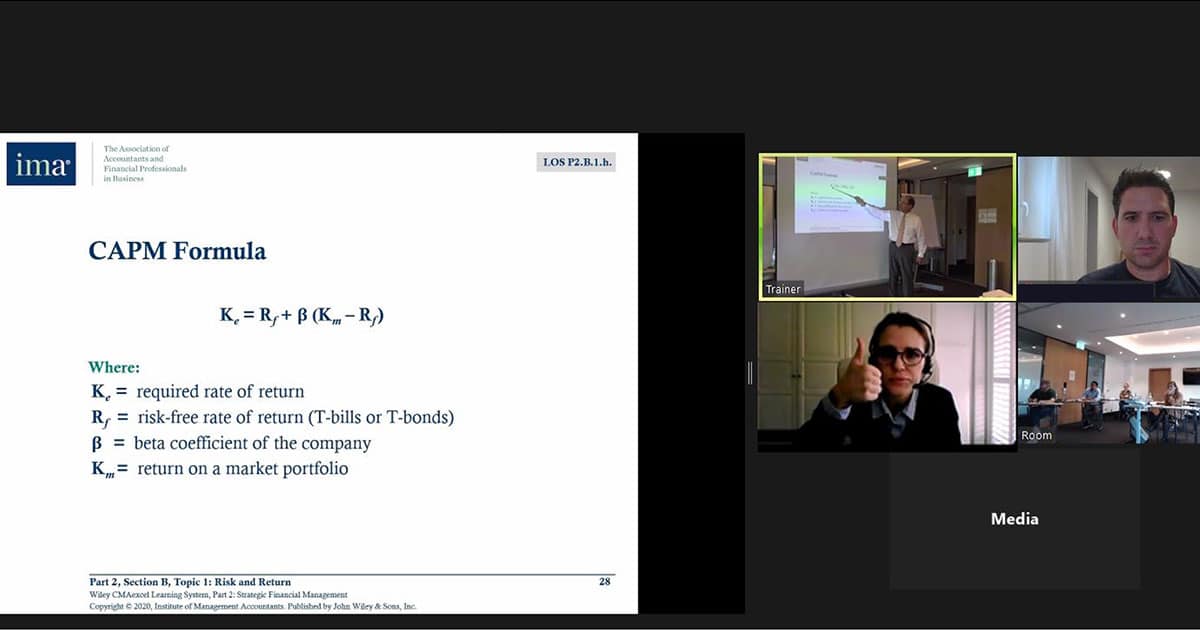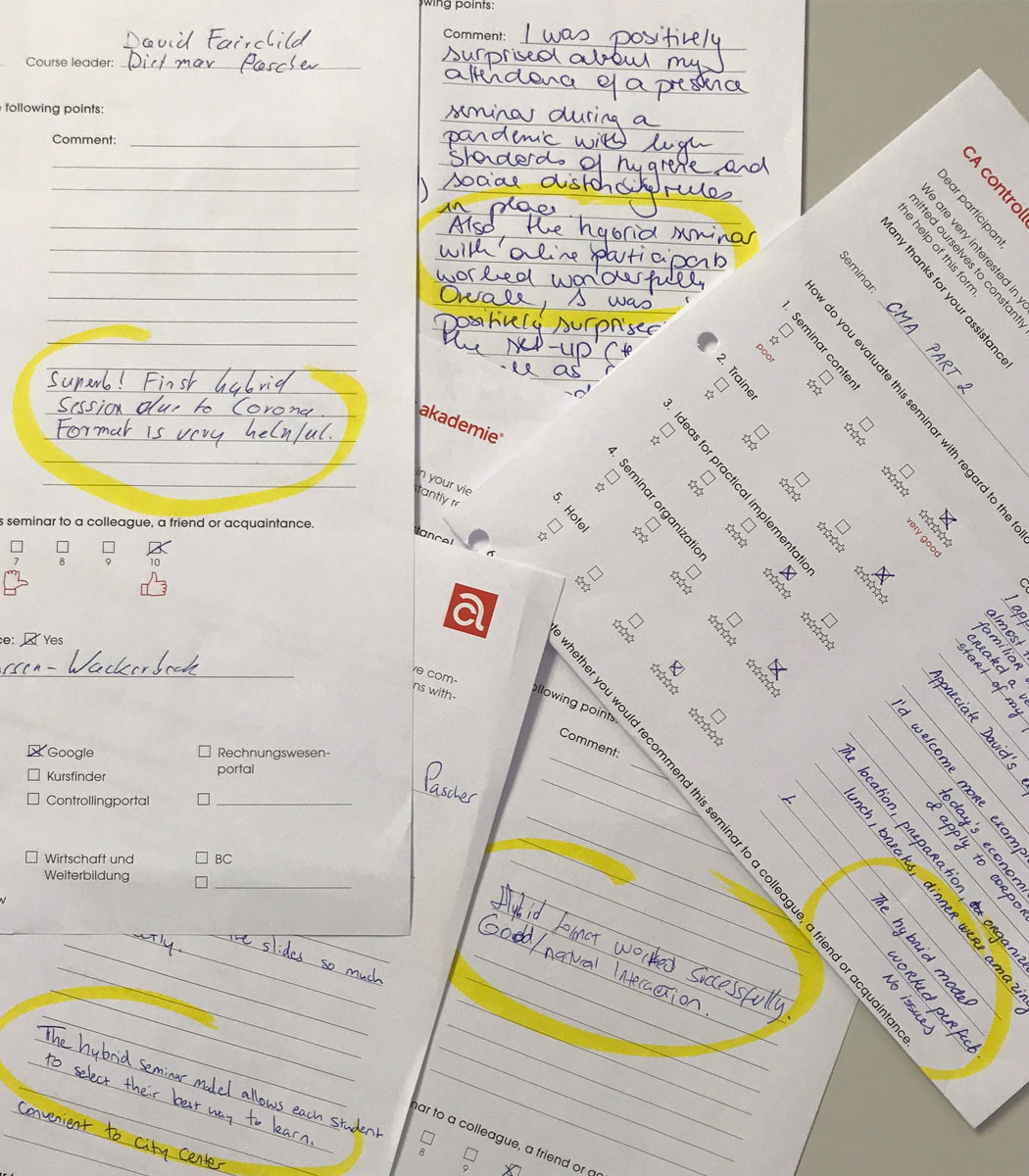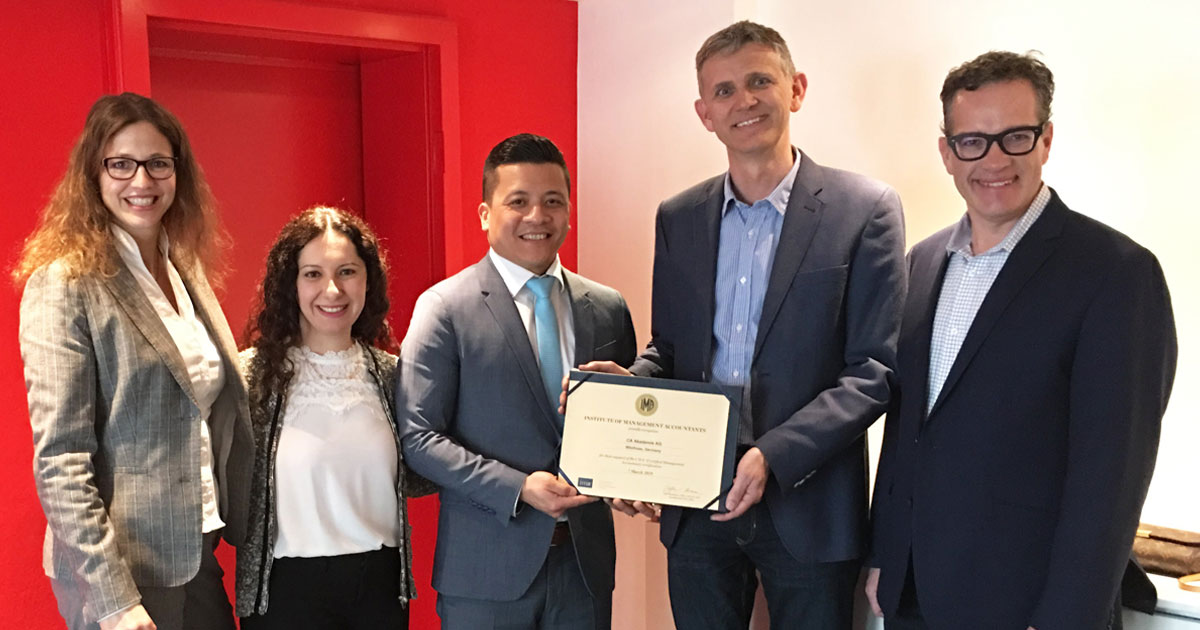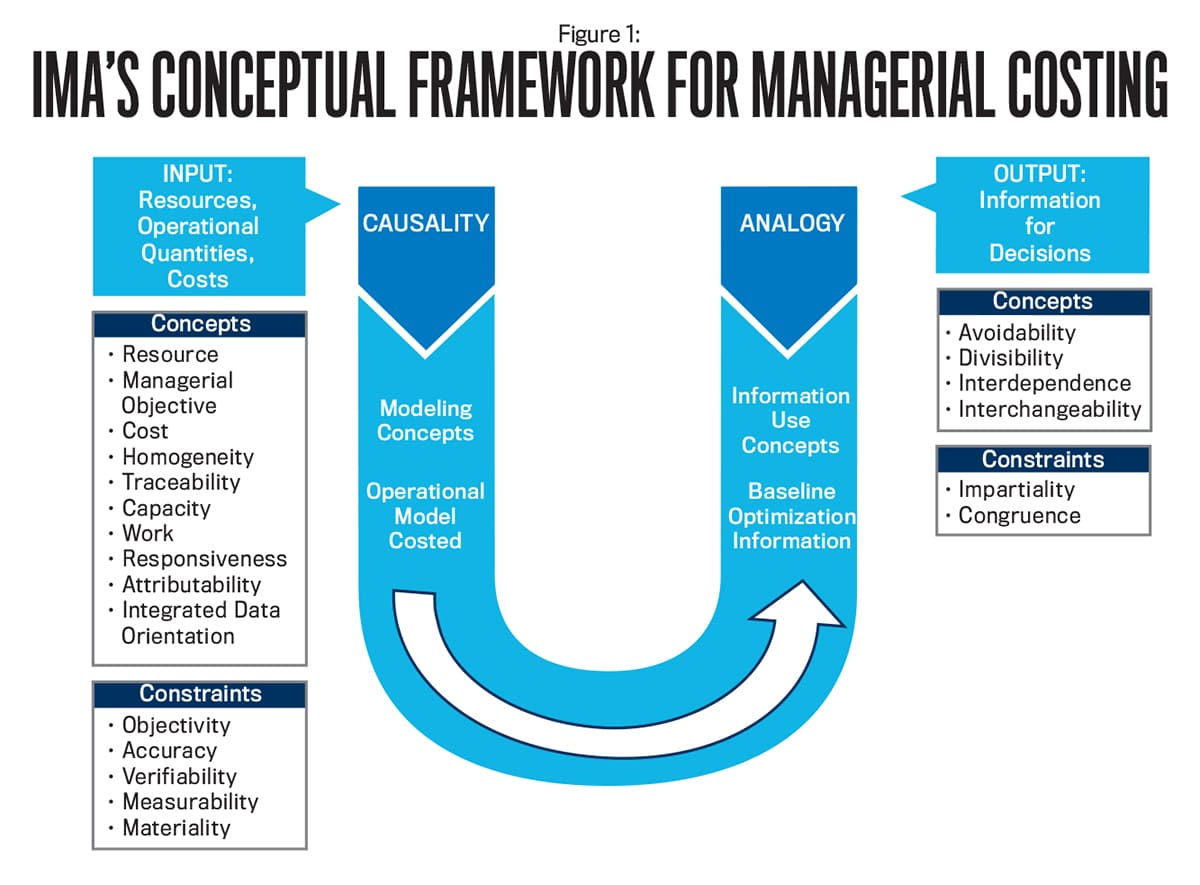Many controllers in the traditional persona feel they are situated at the margins of executive leadership, if they have a seat at the table at all. Just 14% of those in the traditional persona agreed with the statement: “The controllership function in my organization has a ‘seat at the table.’” In contrast, 33% of those in the strategic persona, the highest number in agreement, feel they do have a seat amongst executives.
To uncover why some controllers have a seat at the executive table while others are boxed into traditional roles, IMA and Deloitte surveyed nearly 800 (majority U.S.) financial professionals in the controllership function to learn how they are spending their time as opposed to where they should or would like to be spending their time. Questions were designed to shed insight on how they navigate the challenges of their role, what skills they feel they need to evolve, and how they can continue to add value to their companies.
Respondents were classified into three controllership personas based on the amount of time they spend in the traditional role of steward (managing risk and preserving assets) and operator (running an efficient and effective finance operation),
- Traditional: Spend 75-100% of their time in the traditional role
- Mixed: Spend 60-74% of their time in the traditional role
- Strategic: Spend 0-59% of their time in the traditional role
Comparing responses between personas demonstrates the wide range of experiences controllers have even when they are working in similar industries or organizations. The top three obstacles that generated the most significant differences between personas were:
- Focus on reducing the skill gap: The strategic persona cited this obstacle more often than the traditional persona (28% vs. 14%, respectively).
- Lack of executive support: The traditional persona cited this obstacle more often than the strategic persona (36% vs. 21%).
- Not part of their current role: The traditional persona cited this obstacle more often than the strategic persona (39% vs. 21%).
Obstacles faced were not significantly impacted by the size of the organization, industry, who the respondents report to, or their department’s ability to provide timely and accurate information.
The report concludes with ways strategic controllers stand out:
- “Strategy” is part of their job description
- Gain support of top management for resources they need
- Focus on business’ strategy and effective communication
- Commitment on growing current talent to reduce skill gap
- Focus on leveraging new technology
No one likes to feel boxed in, especially accounting and finance professionals who have successfully executed their traditional responsibilities and aspire to do more for their organization. By following these critical steps, a controller can feel empowered to navigate the changing environment, find a seat at the table, and take their career to the next level.
About IMA and CMA®
IMA®, the association for accountants and financial professionals in business, is one of the largest and most respected associations focused exclusively on advancing the accounting profession.
The CMA® (Certified Management Accountant) is the advanced professional certification specifically designed to measure the accounting and financial management skills that drive business performance in globally active organisations.
CA controller akademie is offering an instructor-led tutorial and two different exclusive CMA® packages



